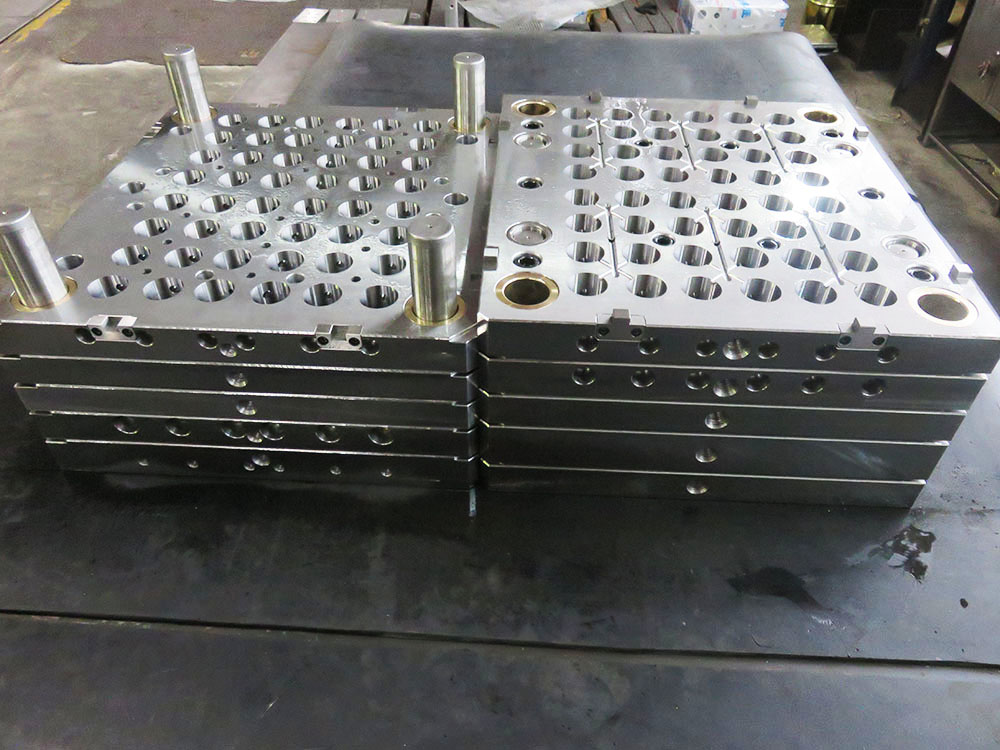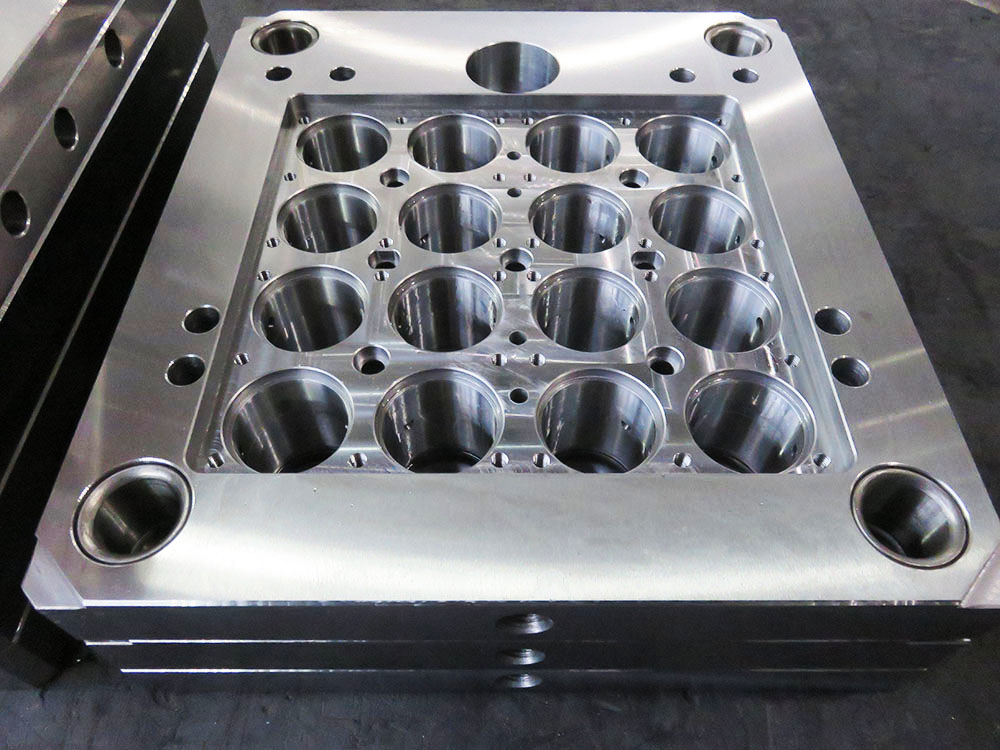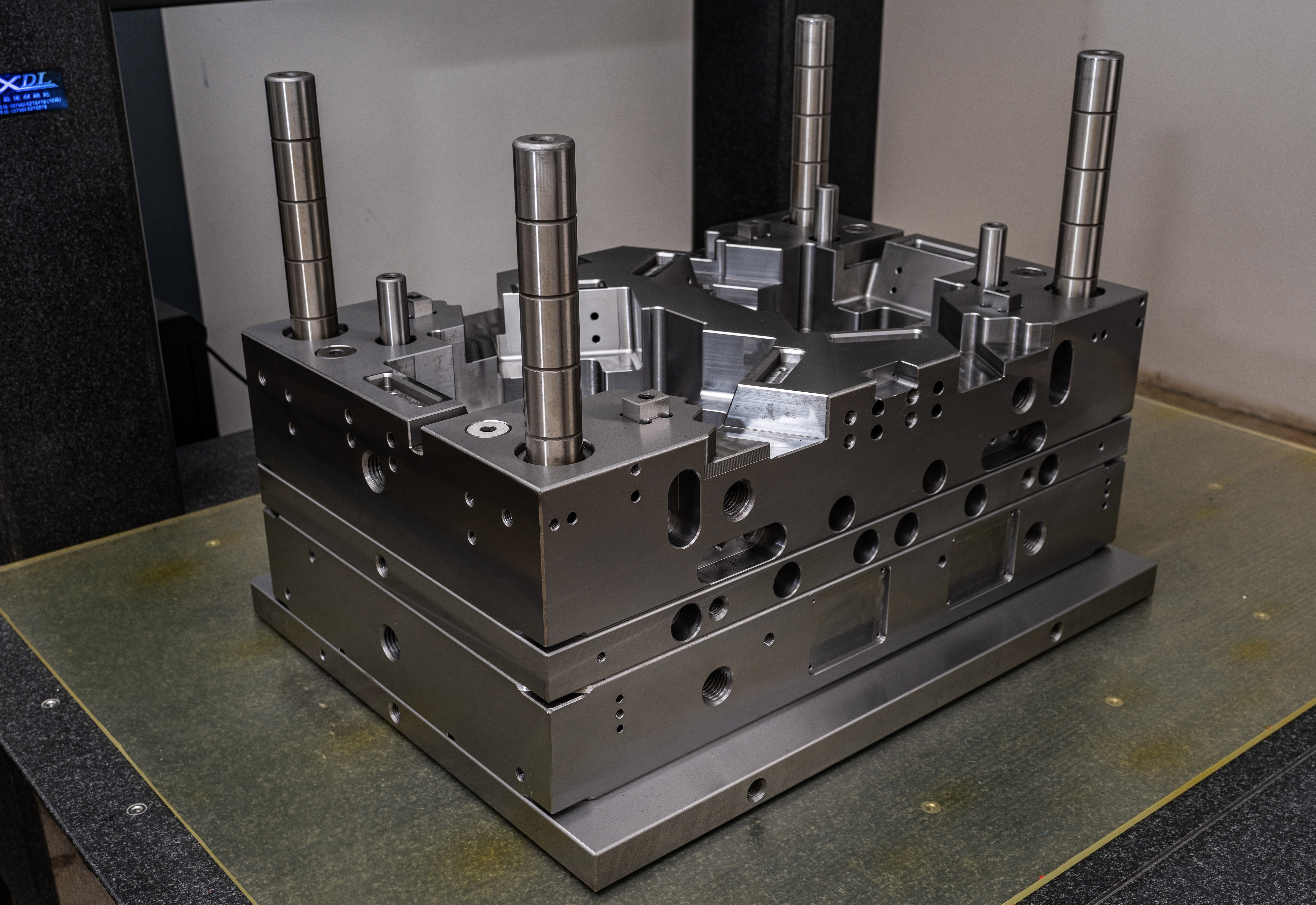The Mold Base Industry: Exploring the Meaning Behind Dàshuǐkǒu Mójià
Mold bases are critical components in the manufacturing of molds, which are used to shape various materials such as plastic, metal, or glass into specific forms. The mold base industry plays a vital role in providing the foundation for the mold making process, facilitating the production of high-quality and precise molds. In this article, we will explore the meaning behind the term "Dàshuǐkǒu Mójià" and delve into the significance of the mold base industry.
Understanding Dàshuǐkǒu Mójià
Dàshuǐkǒu Mójià, translated as "Great Water Mouth Mold Base" in English, is a specialized type of mold base commonly used in the manufacturing industry. It derived its name from its unique design, which resembles the shape of an open mouth with water flowing through it. This design enables efficient cooling and ejection of the molded part, thereby ensuring higher productivity and minimizing defects in the final product.
The Dàshuǐkǒu Mójià consists of several key components, including the cavity plate, core plate, sprue bush, guiding system, cooling system, and ejector system. Each component plays a critical role in the mold-making process, contributing to the overall functionality and quality of the mold. The cavity plate and core plate form the mold cavity, representing the desired shape of the final product. The sprue bush facilitates the flow of molten material into the cavity, while the guiding system ensures precise alignment during mold assembly.
The cooling system in Dàshuǐkǒu Mójià is of utmost importance. It consists of channels or passages through which cooling water or other cooling agents are circulated to regulate the temperature of the mold during the manufacturing process. Proper cooling is essential to maintain the dimensional accuracy of the molded part and prevent deformation or warping. Additionally, an efficient cooling system enhances productivity by reducing cycle time and allows for faster production rates.
The ejector system in Dàshuǐkǒu Mójià is responsible for removing the molded part from the mold after it solidifies. It consists of ejector pins that push the part out of the mold cavity, ensuring smooth ejection without causing any damage. The ejector system is designed in a way to facilitate easy removal of the molded part, reducing the need for manual intervention and improving the overall efficiency of the manufacturing process.
Importance of the Mold Base Industry
The mold base industry plays a crucial role in the manufacturing sector, providing the foundation for the production of high-quality molds. Mold base manufacturers employ advanced techniques and technologies to ensure precision, durability, and reliability in their products.
A high-quality mold base is essential for achieving accurate and consistent moldings. It provides a strong and rigid structure that can withstand the pressure and temperature variations during the molding process. Moreover, a well-designed mold base allows for easy assembly and disassembly, saving time and effort during mold maintenance and repair.
Furthermore, the mold base industry contributes to the overall efficiency and productivity of the manufacturing process. A reliable mold base enables faster cycle times, thereby increasing production rates and reducing costs. The use of advanced materials and manufacturing techniques in mold base production ensures longevity and minimizes the risk of frequent replacements, resulting in cost savings for manufacturers.
In conclusion, the mold base industry, including the specialized Dàshuǐkǒu Mójià, plays a vital role in the manufacturing sector. The precise design and construction of mold bases are essential for the production of high-quality molds, ensuring accurate and consistent molding results. With its significant contributions to efficiency, productivity, and cost-effectiveness, the mold base industry continues to drive innovation and progress in various manufacturing sectors.




